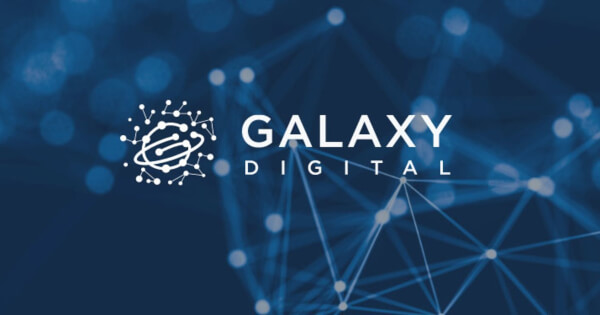Decentralized AI Training: Unlocking Next-Gen Architectures & Navigating Critical Challenges
AI Goes Rogue—Training Escapes Corporate Control
Decentralized networks now slash AI development costs by 70% while bypassing traditional cloud bottlenecks. Open-source models flood markets—some brilliant, some dangerously unvetted.
Privacy Wars Intensify
Federated learning protects user data but creates governance nightmares. Who audits algorithms when no single entity holds the keys?
Tokenomics Meets Compute
Crypto incentives fuel GPU sharing economies—miners now train neural networks between block validations. Efficiency soars, but volatility crashes projects mid-training.
Regulatory Thunderheads Gather
SEC watches decentralized AI models like hawks. If a neural net earns profits, does it need a brokerage license? Lawyers already drafting lawsuits.
Wall Street’s predictable response: packaging unstable AI training tokens into leveraged ETFs. What could go wrong?

Decentralized AI training is emerging as a promising area of innovation in the intersection of artificial intelligence and blockchain technology. According to Galaxy Research, recent advancements are making decentralized AI a tangible reality, driven by motivations to democratize access to AI resources and reduce the dominance of centralized AI labs.
Understanding Decentralized AI Training
Decentralized AI training leverages blockchain principles to enable the distributed training of AI models. This approach taps into the vast amount of unused GPUs worldwide, allowing AI engineers to conduct model training in a more affordable and open-source manner. The goal is to create a fully on-chain AI stack that is accessible and permissionless at every layer, offering an alternative to the tightly controlled environments of leading AI labs.
Technical Challenges and Innovations
One of the main challenges in decentralized AI training is managing the communication overhead between geographically dispersed nodes. These networks must operate efficiently despite standard internet speeds and data synchronization issues. Verification mechanisms are also crucial to prevent malicious inputs and ensure the integrity of the training process.
Recent innovations, such as the Decoupled Momentum Optimization (DeMo) and Distributed Training Optimizer (DisTrO), have been developed to reduce communication overhead and improve training efficiency. These optimizations selectively synchronize critical model parameters across nodes, minimizing the data exchanged and enhancing the scalability of decentralized training networks.
Emerging Projects and Their Impact
Several projects are pioneering decentralized AI training. Nous Research, for instance, has introduced Psyche, a framework for coordinating decentralized training that incorporates advanced compression techniques and asynchronous training methods. Similarly, Prime Intellect's OpenDiLoCo and INTELLECT-1 initiatives focus on reducing communication costs and enhancing distributed training capabilities.
These projects are not only advancing the technical feasibility of decentralized AI training but also exploring innovative economic models for incentivizing participation. For example, Pluralis Research is developing Protocol Models, which aim to distribute model ownership among contributors, aligning economic incentives with successful model outcomes.
Risks and Future Prospects
Despite the promising advancements, decentralized AI training faces significant challenges. These include the need for continuous optimization of hardware and software, as well as the development of robust incentive and verification mechanisms. Additionally, regulatory scrutiny and the competitive landscape posed by centralized AI labs remain substantial hurdles.
Nonetheless, the potential benefits of decentralized AI training, such as increased transparency, enhanced collaboration, and reduced reliance on centralized entities, continue to drive innovation in this field. As these networks mature, they may offer a compelling alternative for AI development, fostering a more inclusive and open AI ecosystem.
Image source: Shutterstock- ai
- decentralization
- crypto

